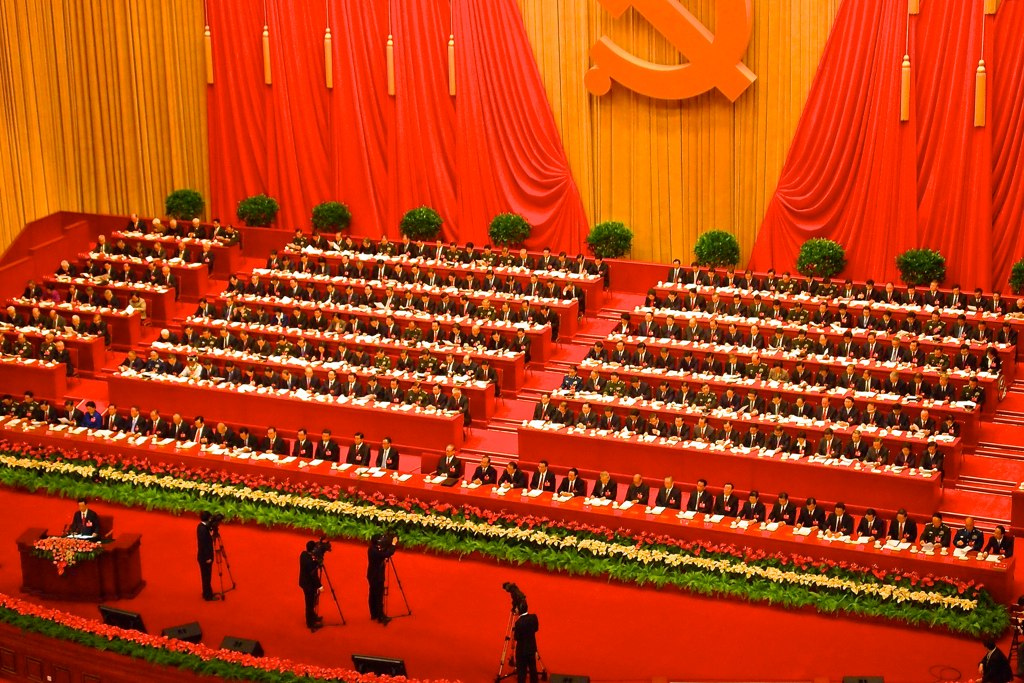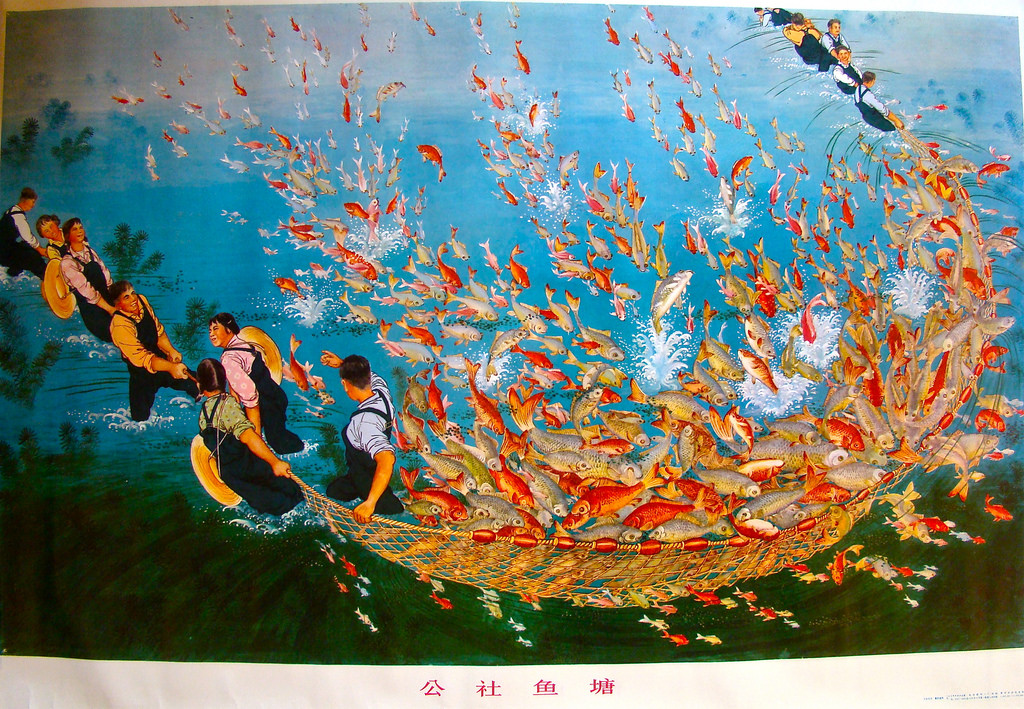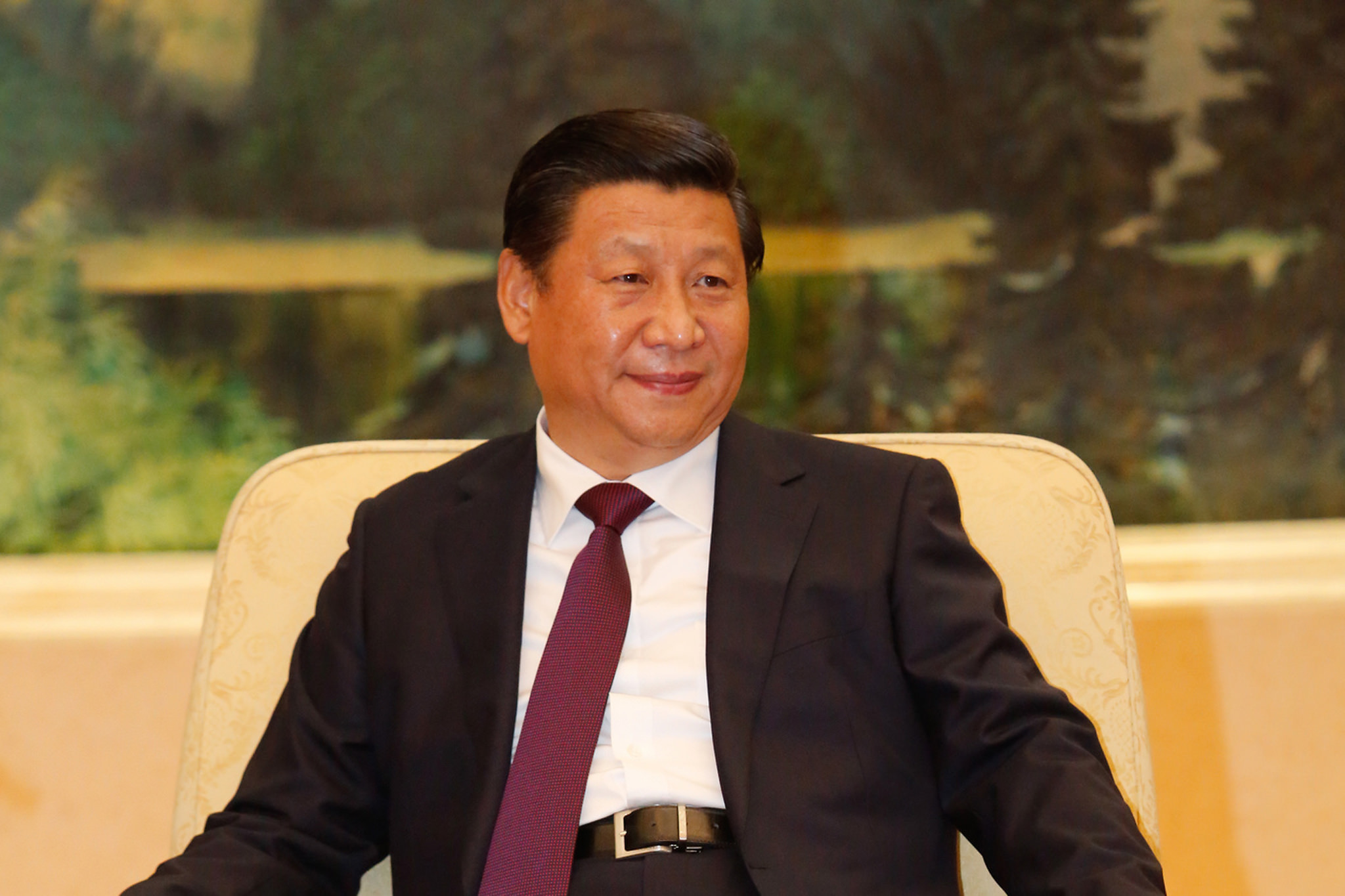Reviewed by James Farley.
The Communist Party of China (CCP) recently released a new version of their appraisal of the country’s history, entitled ‘中国共产党简史’ (Brief History of the Communist Party of China). Following in the tradition of the Communist Party of the Soviet Union, and their ‘short course’ that began in 1938, the China series has always provided a concise, and officially approved, guide to the history of the Party, and by extension the development of the country. The Brief History has always existed to combat what the Party terms ‘Historical nihilism,’ or rather what are perceived to be ‘incorrect’ analyses of China’s history. Whilst the content of each ‘short course’ is naturally heavily weighted in favour of the CCP, analysis of each entry in the series can provide insight into current development concerns and the standing of former leaders, as the books are framed to support current political, economic and social aims and objectives. The most recent edition, published in February 2021 for example, contains 530 pages, 147 of which focus on 2012-2021 and the leadership of the current Chairman of the Party, Xi Jinping. By comparison, the Mao years are only given 33 pages. The past is certainly being utilised to serve the future.
Leave a Comment




